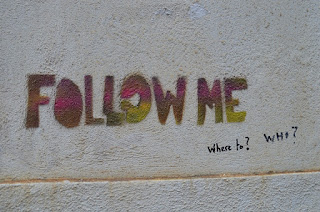Epiphany 4 (B) + Jesus knows / Jesus sabe + 1.28.24

M. Campbell-Langdell All Santos, Oxnard (Deut. 18:15–20; S./Ps. 111; 1 Cor. 8:1–13; S. Mar. 1:21–28) “Knowledge puffs up, but love builds up. El conocimiento hincha de orgullo, en tanto que el amor edifica la comunidad.” In the recent film “Rustin” (Netflix, 2023), we learn about the civil rights organizer Bayard Rustin. A good friend of Martin Luther King, Jr., Rustin was a controversial figure because he was gay. Bayard Rustin no fue popular con todos en el movimiento para derechos civiles porque fue homosexual, pero fue muy comprometido al movimiento para cambio entre los Afro-Americanos en los EEUU. Yet he was a committed and immensely talented organizer who was also very valued by many in the civil rights organizing community, not only for his gifts but also for his personal charm and charisma. Throughout the film, we learn not only how he pulled together the March on Washington in record time, but also about how he did so while facing those who wanted to discredit and ex

